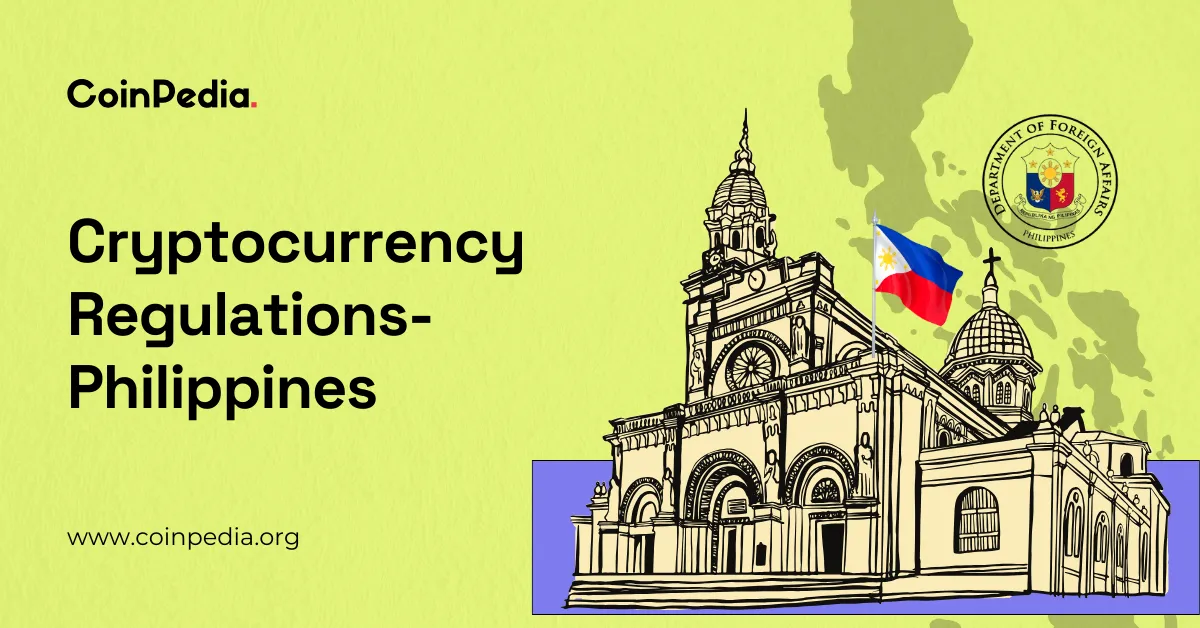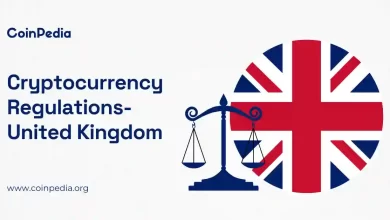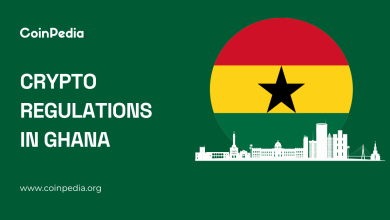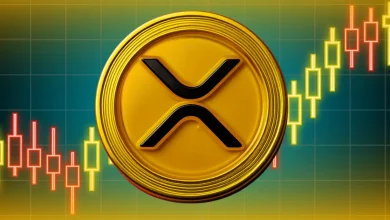
The Philippines has emerged as one of Southeast Asia’s most progressive nations in embracing digital assets. It all began in 2017 when the Bangko Sentral ng Pilipinas (BSP) introduced a formal regulatory framework for virtual currency exchanges and crypto-to-fiat service providers. This bold move not only legitimized cryptocurrency activity but also laid the groundwork for widespread adoption nationwide.
Fast forward to 2025, and the Philippines now ranks 20th globally in crypto wealth—an impressive feat driven by a tech-savvy population, robust remittance flows, and forward-thinking regulation. Here’s how the country’s crypto journey has evolved and what the current landscape looks like.
Table of contents
Crypto Regulations in The Philippines
August 2025: House Bill (HB) No. 421
- The House of Representatives bill was initially filed by Camarines Sur Representative Migz Villafuerte in June. It aims to mandate the Bangko Sentral ng Pilipinas (BSP), the country’s central bank, to purchase 2,000 Bitcoin annually over a five-year period.
- The program will build a reserve of 10,000 bitcoins and hold it in trust for a minimum of 20 years to ensure long-term security and value.
July 30, 2025 – Launch of Blockchain-Based System to Verify Government Documents
- Department of Budget and Management (DBM) launched the platform to verify government documents on the Polygon network as part of a broader initiative to modernize public services.
- Users can verify documents through a government portal by scanning QR codes or entering reference numbers. The system cross-checks each entry against the blockchain to confirm authenticity.
June 12, 2025 – Enforcement of Memorandum Circulars 4 and 5
All the regulations under circulars 4 and 5 came into effect on June 12. The rules were introduced to protect crypto investors and users and maintain trust.
May 30, 2025- Memorandum Circular No. 4 and 5
- Crypto asset service providers (CASPs) must register with the Philippine Securities and Exchange Commission (SEC) to maintain the capital reserves.
- The new rules require CASP offices to incorporate physically in the Philippines and maintain a minimum capital of ₱100 million.
- Strict compliance with anti-money laundering (AML) is mandatory for the CASPs.
Time of Major Crypto Regulations in the Philippines:
| Date | Law/ Regulation | Details |
| May 9, 2023 | Philippine Peso Backed Stablecoin (PHPC) | Takes place under the central bank’s regulatory sandbox |
| November 28, 2022 | Financial Products and Services Consumer Protection Act | Consumer protection for crypto and other digital assets |
| September 1, 2022 | BSP Memorandum No. M-2022-035 | After serving a three-year period, it will expire on September 1, 2025 |
| January 26, 2021 | BSP Circular No. 1108 | BSP expands CASPs registration with AML/CFT compliance |
| 2018 | BSP Travel Rule for crypto | Requires sender/ recipient info for crypto transactions above P50,000 |
What is the Philippines Government’s Stance on Crypto?
The Philippine government aspires to become a regional leader in technology with cryptocurrency and blockchain development. Recently, the Philippines Department of Finance expressed its commitment to creating a regulatory framework for crypto assets to combat cross-border tax evasion. Major proactive crypto approaches taken by the government are:
- Recognizing potential and regulating crypto.
- The Central Bank of the Philippines (Bangko Sentral ng Pilipinas- BSP) partnered with the SEC to oversee crypto.
- Created a framework for Initial Coin Offerings (ICOs) to protect citizens from scams.
- Establishment of the crypto valley of Asia- blockchain adoption and evolution in digitalization.
Crypto Tax in the Philippines 2025
| Crypto tax | Tax rate | Details |
| Capital gains tax (CGT) | Up to 15% | Selling crypto for fiat or exchanging for goods is taxable |
| Income tax | Standard income tax in the Philippines | Mining, staking, and receiving crypto as payment |
| Value Added Tax (VAT) | 12% | Selling goods in exchange for crypto payments |
- Penalty: Failure to report tax on crypto can result in penalties, including fines up to P10,000 to P50,000. It can also add a 20% of annum on per unpaid tax; severe tax evasion leads to criminal charges.
- Crypto Reporting: BIR Form 1700 for employees, Form 1701 for self-employed individuals, and Form 1702 for businesses to file their tax returns. Deadline is April 15 of the following year; taxes can be paid through authorized agent banks, eFPS, or online platforms– GCash and Maya.
Crypto License in the Philippines 2025
The Philippine government recently implemented mandatory license regulation for all crypto asset service providers (CASPs). What does it require?
- SEC registration to adherence to strict marketing standards
- Minimum capital of P100 million (approx $1.8 million)
- Physical incorporation in the Philippines
- Adhere to strict anti-money laundering (AML) procedures and submit regular reports to the SEC and the AML Council.
- Submit detailed documentation 30 days prior to any activity– business rules, AML/KYC systems, risk controls, and disclosure plans.
Crypto Adoption in the Philippines 2025
- In 2025, the penetration rate will reach 10.49% and will rise to 10.86% by 2026, with Filipino cryptocurrency users growing to 12.79 million.
- Crypto revenue will grow to ₱1.1 billion, with the market experiencing an annual growth rate of 4.59%.
- The government has not shared any public information about its crypto holdings. The central bank regulates cryptocurrency, but it has not disclosed any evidence of crypto reserves.
Conclusion
Since the government implemented stricter rules in cryptocurrency, many crypto companies and platforms are using safety protocols and adhering to SEC regulations. Some of the best crypto exchanges in the Philippines are Youholder, Bybit, Cex.io, Bit Get, and Bigone, which leaves the least chance for any risks. With enhanced security measures and transparency approaches in crypto transactions, the Philippines will be positioning itself as a crypto hub in the near future.
Never Miss a Beat in the Crypto World!
Stay ahead with breaking news, expert analysis, and real-time updates on the latest trends in Bitcoin, altcoins, DeFi, NFTs, and more.
FAQs
The Philippines aims to be a regional crypto leader, recognizing and regulating digital assets through the BSP and SEC to combat tax evasion and promote blockchain development.
Yes, crypto is taxed. Capital gains are up to 15%, income from mining/staking is standard income tax, and VAT (12%) applies to goods exchanged for crypto. Penalties for non-compliance exist.
CASPs need SEC registration, a minimum ₱100 million capital, physical incorporation in the Philippines, strict AML procedures, and detailed documentation submission before activities.
The Philippines ranks 20th globally in crypto wealth, with a projected penetration rate of 10.49% in 2025, expected to reach 12.79 million users and ₱1.1 billion in revenue by 2026.
Trust with CoinPedia:
CoinPedia has been delivering accurate and timely cryptocurrency and blockchain updates since 2017. All content is created by our expert panel of analysts and journalists, following strict Editorial Guidelines based on E-E-A-T (Experience, Expertise, Authoritativeness, Trustworthiness). Every article is fact-checked against reputable sources to ensure accuracy, transparency, and reliability. Our review policy guarantees unbiased evaluations when recommending exchanges, platforms, or tools. We strive to provide timely updates about everything crypto & blockchain, right from startups to industry majors.
Investment Disclaimer:
All opinions and insights shared represent the author's own views on current market conditions. Please do your own research before making investment decisions. Neither the writer nor the publication assumes responsibility for your financial choices.
Sponsored and Advertisements:
Sponsored content and affiliate links may appear on our site. Advertisements are marked clearly, and our editorial content remains entirely independent from our ad partners.








